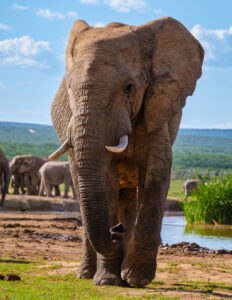Elephants, the majestic giants of the animal kingdom, have fascinated humans for centuries. Their sheer size, intelligence, and social behaviors make them one of the most intriguing creatures on the planet. In this article, we delve into some of the most captivating facts about these magnificent animals.
Key Takeaways
- Elephants have a remarkable memory and can recall events from years ago.
- They can distinguish between different human languages.
- Elephants communicate using low-frequency rumbles and can even "hear" through their feet.
- These animals are excellent swimmers and use their trunks as snorkels.
- Elephants display empathetic behaviors, supporting those in need within their herds.
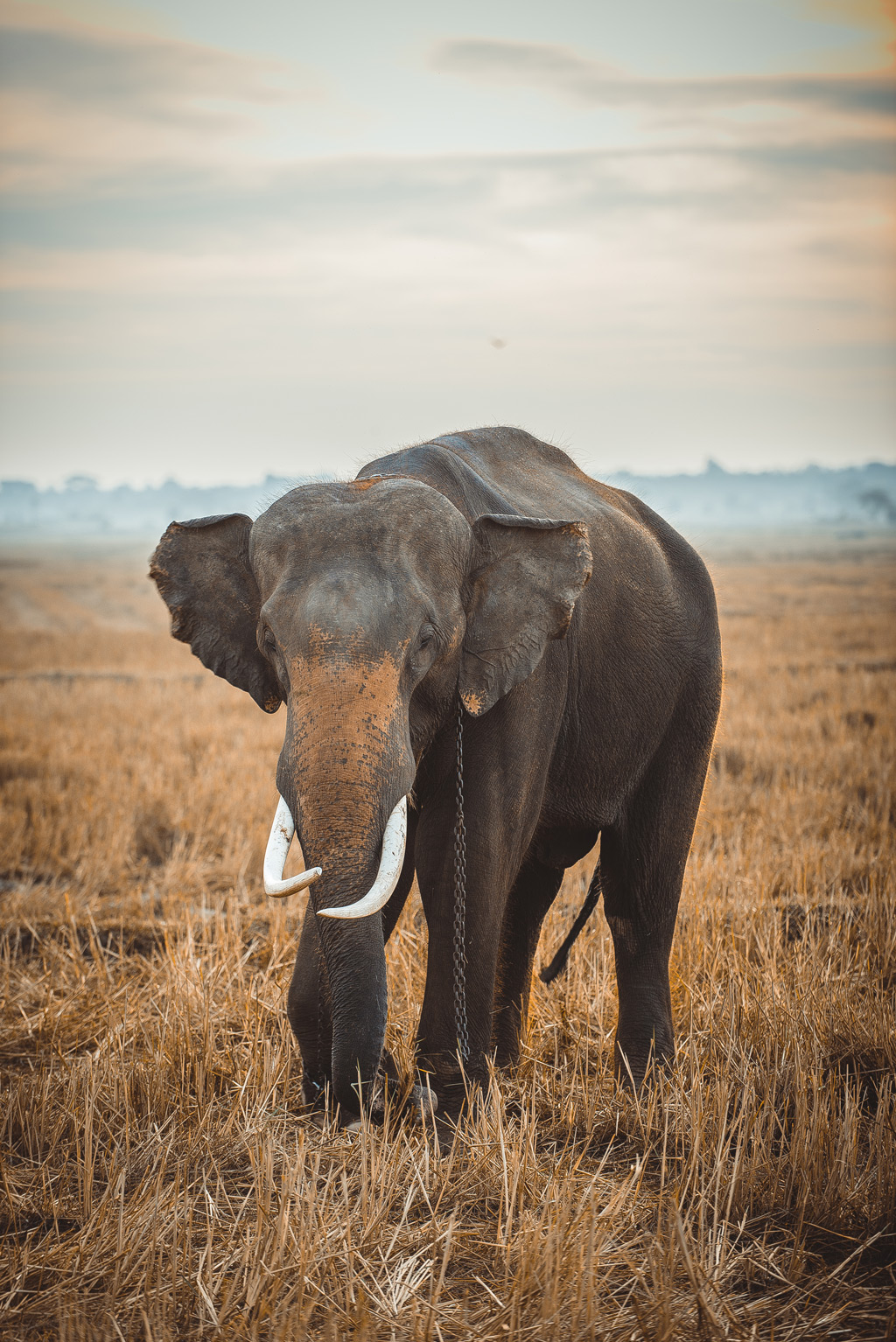
Elephants Never Forget
The saying "an elephant never forgets" is rooted in truth. Elephants have the largest brains among all land mammals, enabling them to remember distant watering holes, other elephants, and even humans they've encountered years ago. Their ability to transmit knowledge through generations, especially via matriarchs, is crucial for their survival. Elephants adjust their schedules to arrive at fruiting trees just when the fruit is ripe, showcasing their impeccable memory.
They Can Distinguish Languages
Elephants have a profound understanding of human communication. In a study conducted at Amboseli National Park in Kenya, elephants reacted defensively when they heard voices from a group known to prey on them. Interestingly, they were less agitated by female and younger male voices, indicating their ability to differentiate between various human voices.
They Can Hear Through Their Feet
Elephants are known for their acute sense of hearing. Apart from the usual sounds like roars and cries, they specialize in low-frequency rumbles. These rumbles can be detected by other elephants through the ground, thanks to their sensitive nerve endings in their feet and trunks. This unique form of communication helps them warn others of potential dangers or call family members from afar.
[https://www.youtube.com/watch?v=Aw6GkiCvcWs]
Elephants Are Excellent Swimmers
Despite their massive size, elephants are adept swimmers. They can float effortlessly, paddle using their strong legs, and even use their trunks as snorkels when submerged. This skill is essential as they often cross rivers and lakes in search of food.
They Support Those in Need
Elephants are not only intelligent but also empathetic. When an elephant is distressed, others in the vicinity respond with comforting calls and touches. This behavior, previously observed only in apes, canids, and corvids, showcases the deep emotional bonds within elephant communities.
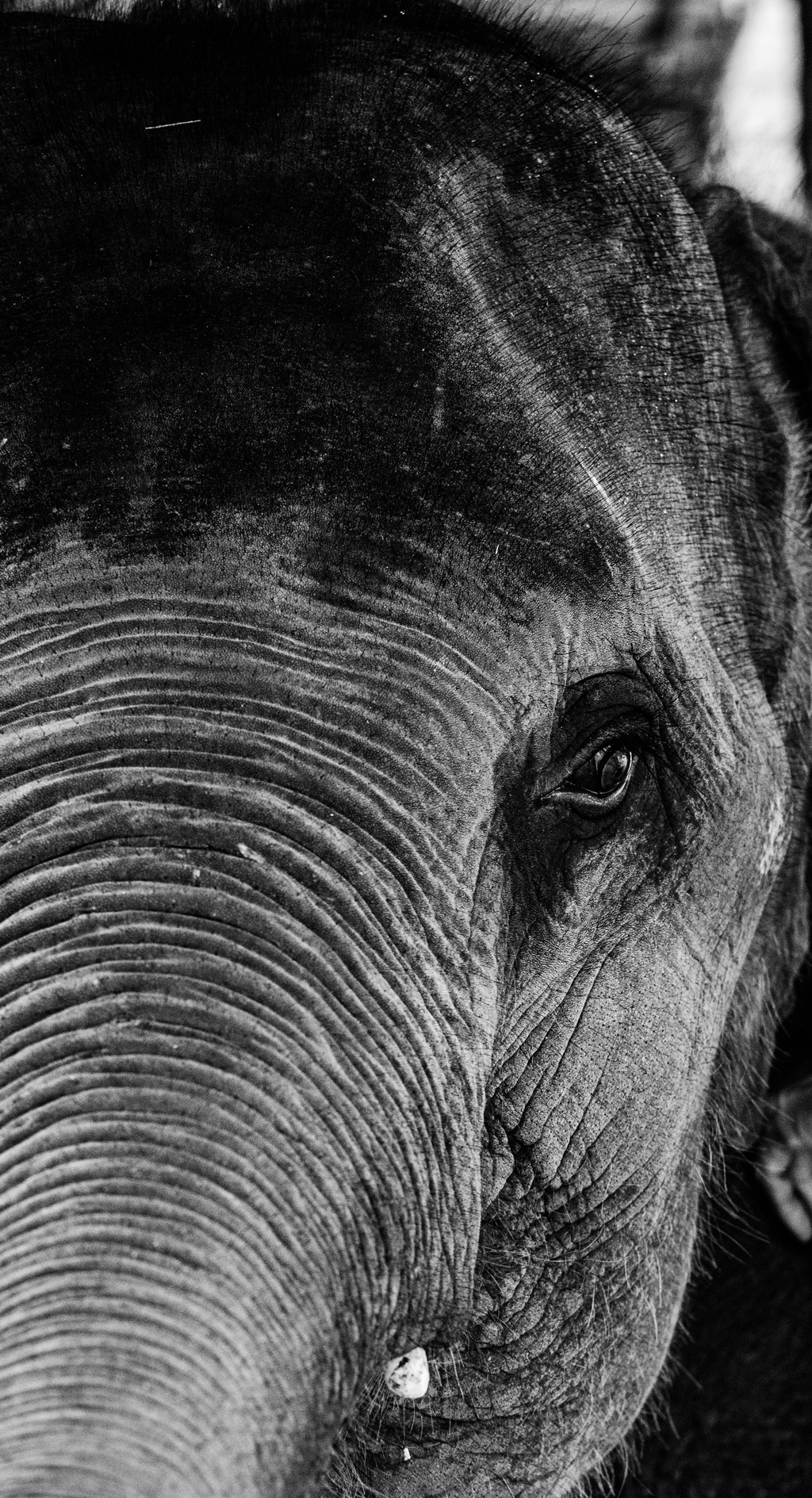
They Can Suffer From PTSD
Elephants form strong bonds with their family members. Experiencing traumatic events, such as witnessing the death of a family member at the hands of poachers, can lead to symptoms of post-traumatic stress disorder (PTSD) in these sensitive creatures.
Elephants Need Their Elders
The survival of younger elephants heavily depends on the wisdom of their elders. Young elephants rely on the matriarchs and other older members to learn essential survival skills, from finding food and water sources to reacting to threats.
[https://www.youtube.com/watch?v=LpzwxDqVDtc]
They Can't Live Without Their Trunks
An elephant's trunk is a marvel of nature, packed with over 40,000 muscles. It serves multiple purposes, from smelling and eating to underwater breathing and making sounds. The trunk's dexterity allows elephants to pick up tiny objects, and baby elephants often suck their trunks, similar to how human babies suck their thumbs.
They Are Related to the Rock Hyrax
Surprisingly, the elephant's closest living relative is the rock hyrax, a small herbivore native to Africa and the Middle East. Despite their vast size difference, they share several physical traits, including tusks that grow from their incisor teeth.
[https://www.youtube.com/watch?v=Fk3VdpuFx0Q]
Elephants Honor Their Dead
Elephants have a unique way of mourning their dead. They often revisit the bones of deceased elephants, touching and smelling them. This behavior indicates their deep emotional connections and possibly a form of grieving.
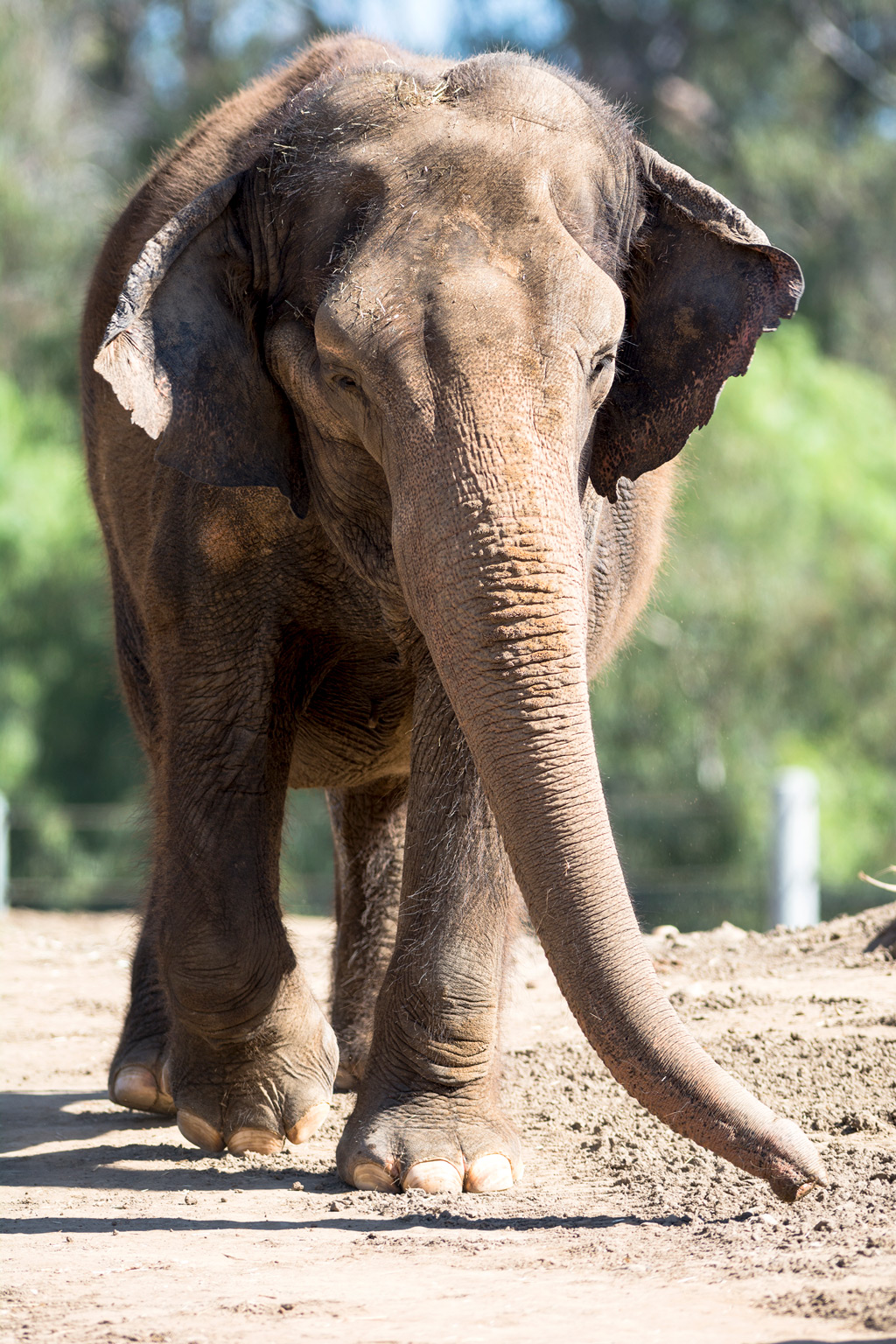
Tables with Relevant Facts:
| Fact | Description |
|---|---|
| Lifespan | Both Asian and African elephants have life spans of 60 to 70 years. |
| Weight | Asian elephants weigh up to six tons, while African elephants can weigh over six and a half tons. |
| Height | African elephants range from eight to 13 feet in height, while Asian elephants can reach over 11 feet. |
| Trunk Muscles | An elephant's trunk contains over 40,000 muscles, making it both powerful and sensitive. |
Elephants and Human Communication
Elephants have always been known for their intelligence, but did you know they can even distinguish between human languages? At the Amboseli National Park in Kenya, a study revealed that elephants could differentiate between the voices of groups that posed threats to them and those that didn't. They would act defensively upon hearing the voices of the threatening group, showcasing their ability to understand and react to human communication. Moreover, an Asian elephant was even found to mimic words in Korean, suggesting that their interaction with humans during their growth might have led to this unique form of social bonding. Read more about this fascinating study here.
The Power of Their Feet
Elephants are not just heavy-footed giants; they can actually "hear" through their feet. They specialize in low-frequency rumbles and can pick up these sounds from the ground. This unique ability allows them to communicate with other elephants over long distances, and even detect potential threats miles away. When an elephant stomps its foot, it's not just a warning for those nearby, but possibly for others far away.
Swimming Giants
Contrary to what one might think, elephants are excellent swimmers. They can use their powerful legs to paddle and their trunks as snorkels. This skill is essential for them, especially when they need to cross rivers and lakes in search of food.
Empathy in Elephants
Elephants are known to be highly social and intelligent creatures. They exhibit behaviors that humans can relate to, such as compassion, kindness, and altruism. When an elephant is in distress, others nearby respond with calls and touches to console the individual. This empathetic behavior is not just limited to their own kind; they even show concern for other species, showcasing their deep emotional intelligence.
The Impact of Trauma
Just like humans, elephants can suffer from Post Traumatic Stress Disorder (PTSD). Experiencing tragedies, especially at a young age, can leave lasting impacts on these gentle giants. Calves that have witnessed their family members being killed by poachers or those rescued from abusive situations show symptoms of PTSD, which can last for years.
The Importance of Elders
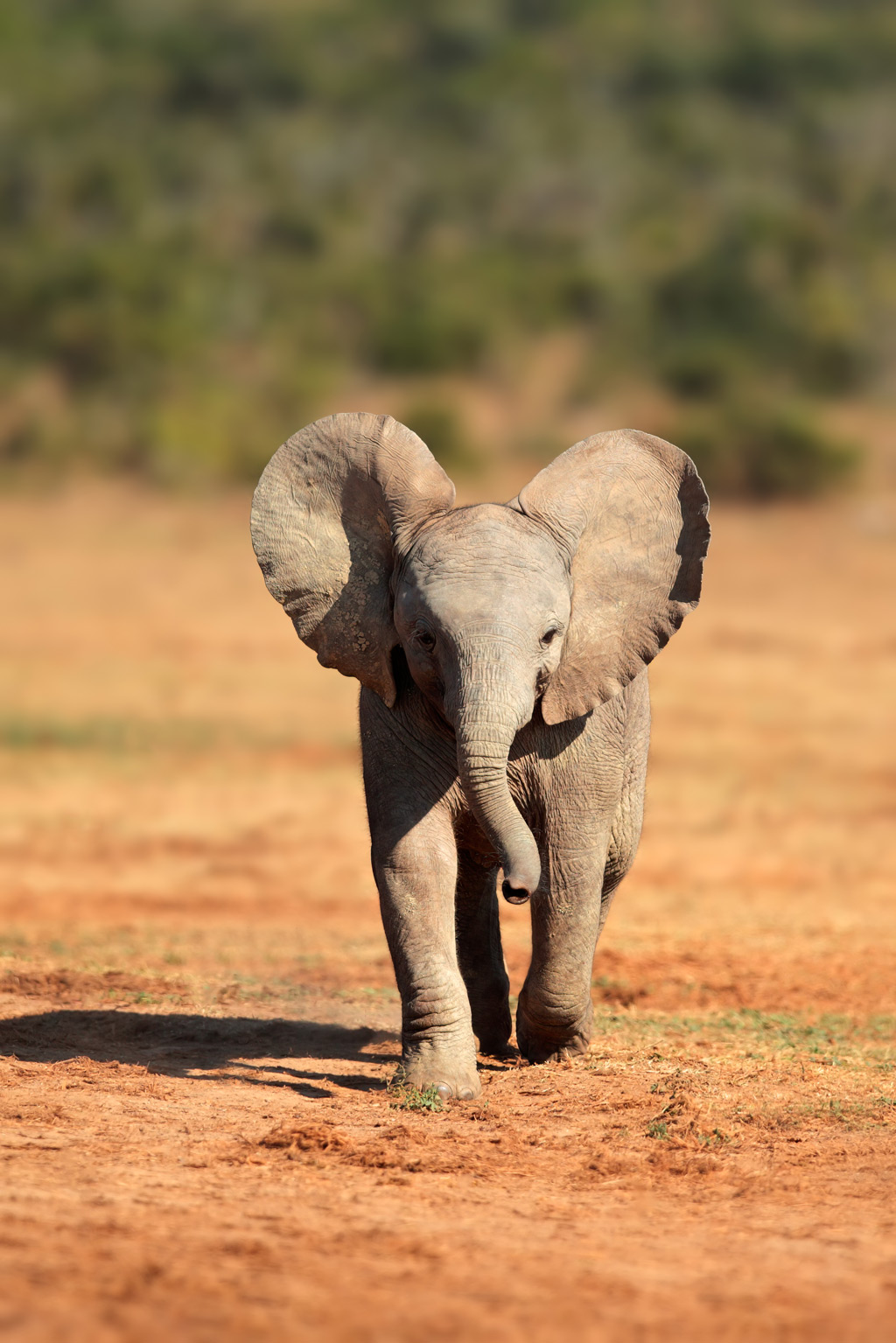
In elephant societies, elders play a crucial role. They pass down essential knowledge to the younger generation, ensuring their survival. This includes information about potential threats, sources of food and water, and much more. The matriarch of the herd, in particular, holds a wealth of knowledge that is invaluable to the group.
The Versatility of Their Trunks
An elephant's trunk is not just for show. It's a versatile tool packed with over 40,000 muscles. Elephants use their trunks for various purposes, from smelling and eating to communicating and defending themselves. They can even pick up tiny objects with precision, thanks to the "fingers" at the tips of their trunks.
Elephants and the Rock Hyrax
One might find it hard to believe, but elephants are closely related to the rock hyrax, a small herbivore native to Africa. Despite the vast difference in size, these two species share several physical traits and a common ancestor from over 50 million years ago.
Honoring the Dead
Elephants have been observed to show interest in the deceased, irrespective of the species. They often touch and smell the remains, and even make repeated visits to the site. This behavior further emphasizes their deep emotional and sentient nature.
Natural Sunscreen
Elephants love playing in the dirt, and there's a good reason for it. Their skin, though tough-looking, is sensitive and can get sunburned. To protect themselves from the sun's harmful rays, elephants often throw sand and mud on themselves.




